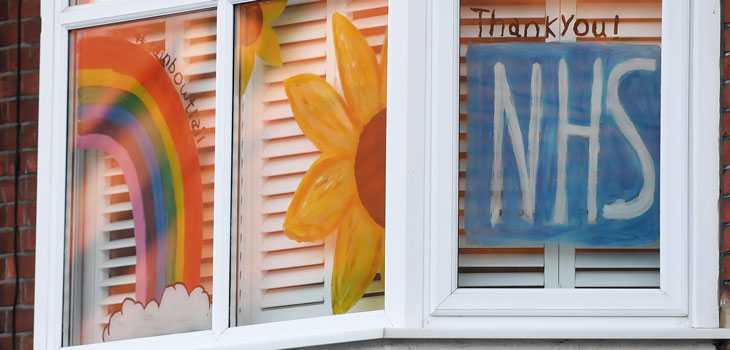
Coronavirus has caused huge suffering across the world. Governments have reacted in differing ways to deal with the crisis with the overriding purpose of ensuring the spread of it is kept to a minimum. Citizens have generally accepted with fortitude draconian statutory restrictions on their freedoms. We hope they will be short-lived. It will, indeed, be vital that when we return to a degree of normality these restrictions are repealed or fall under sunset clauses.
The restrictions have affected the profession as much as any sector. The Law Society and the Bar Council have been working hard with Government to meet the very new problems the profession faces. There are daily meetings with the Ministry of Justice and minsters. The Law Society is issuing daily bulletins to practitioners and has its advice and guidance updated daily on https://bit.ly/2xVd5Fw.
The immediate problems have been acute in, for instance, criminal justice. The workings of the criminal justice process from arrest to trial









